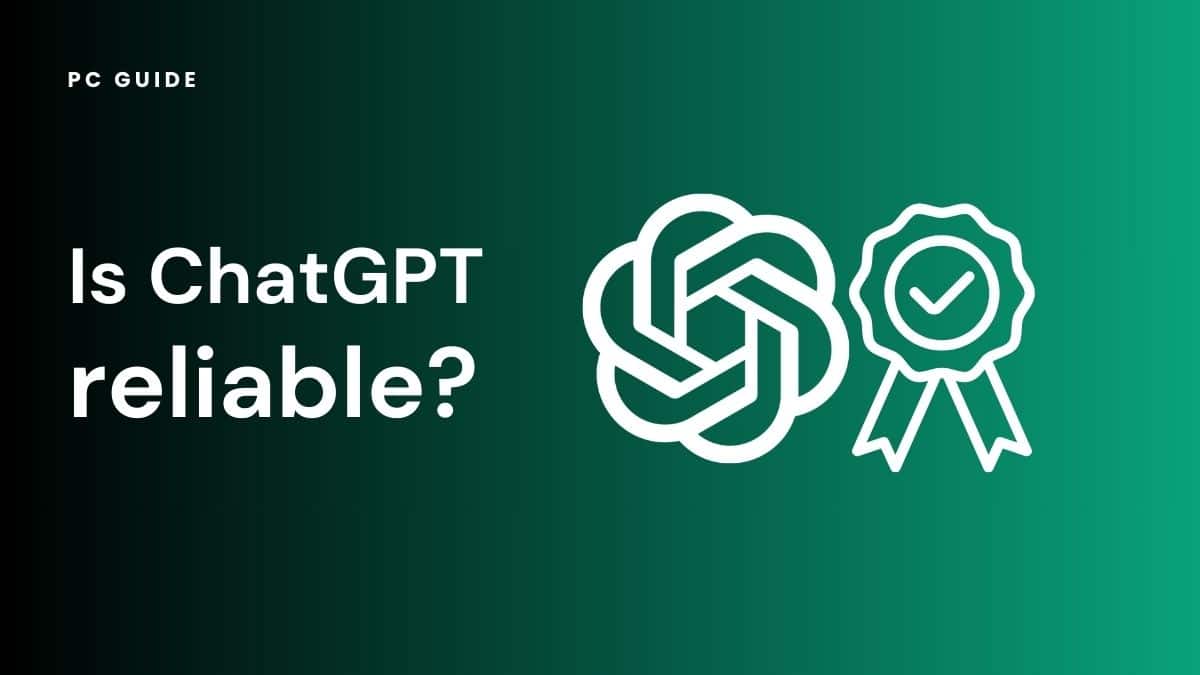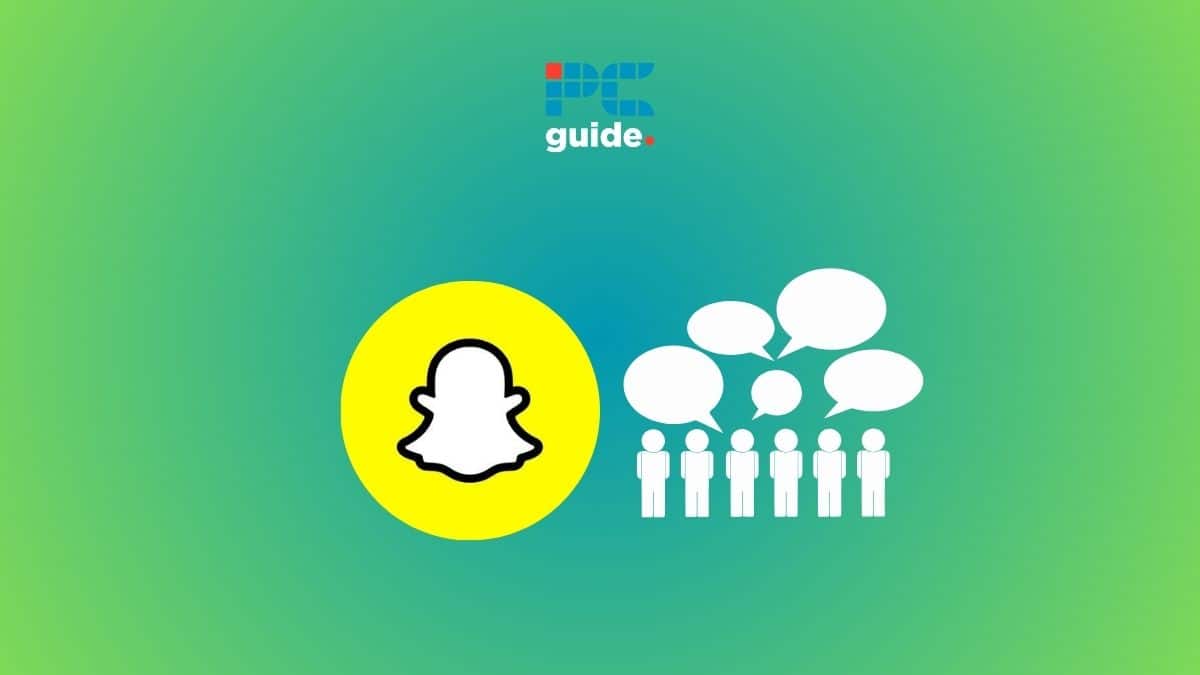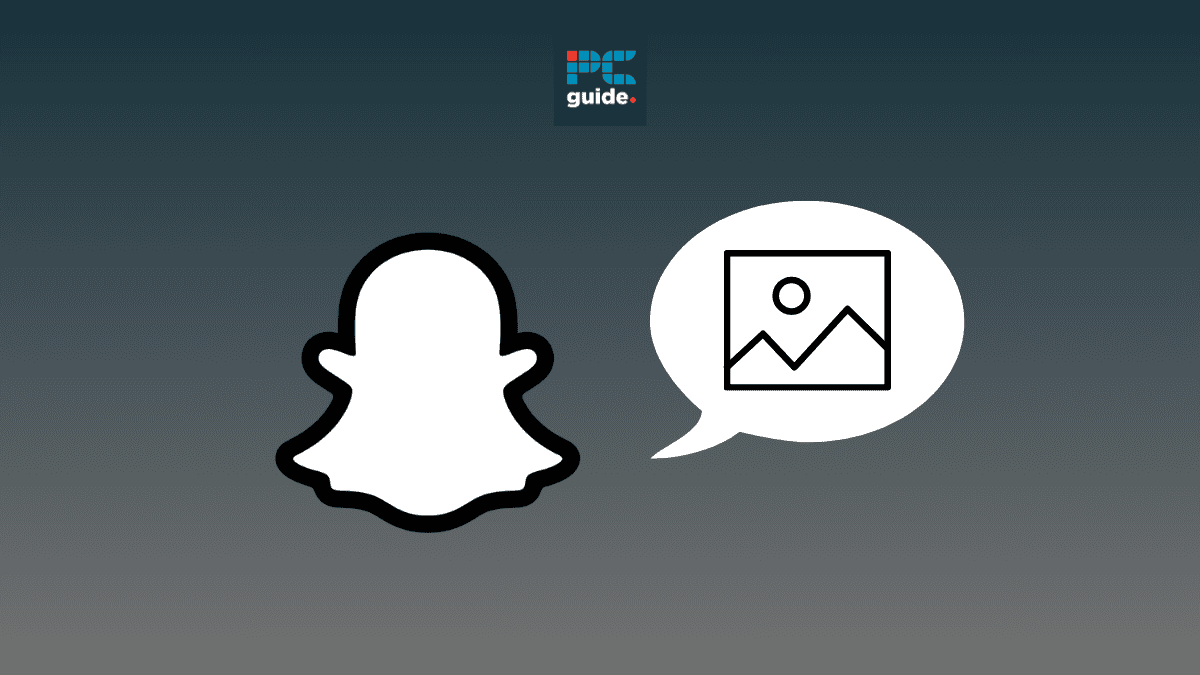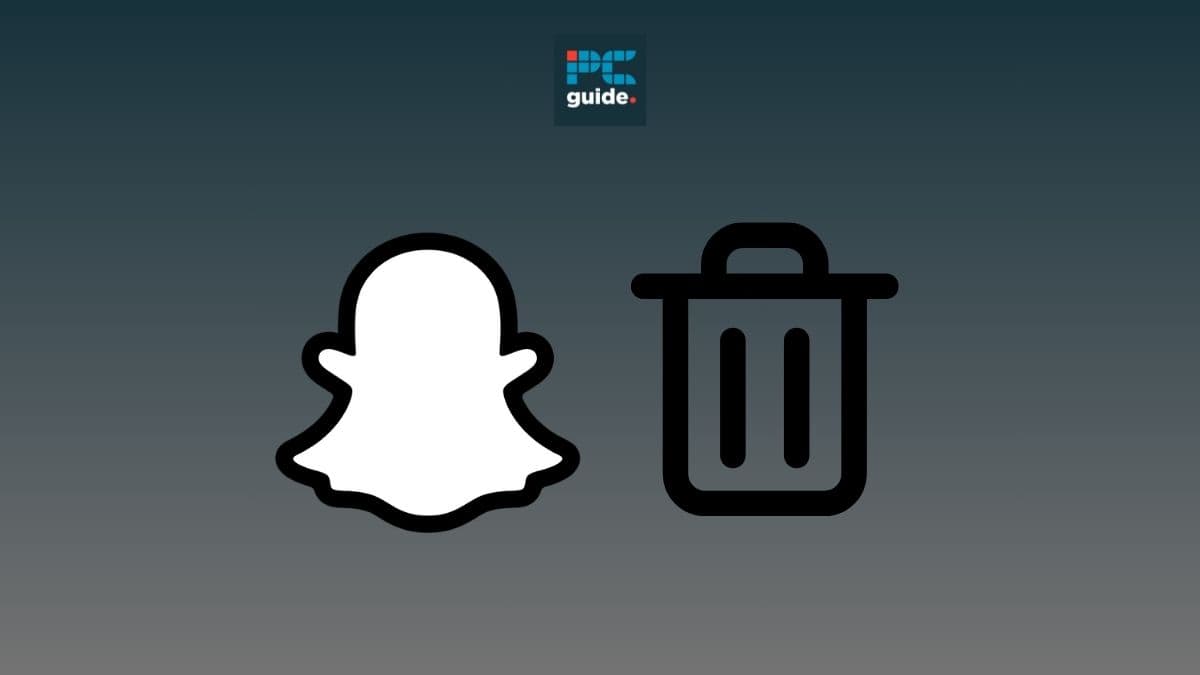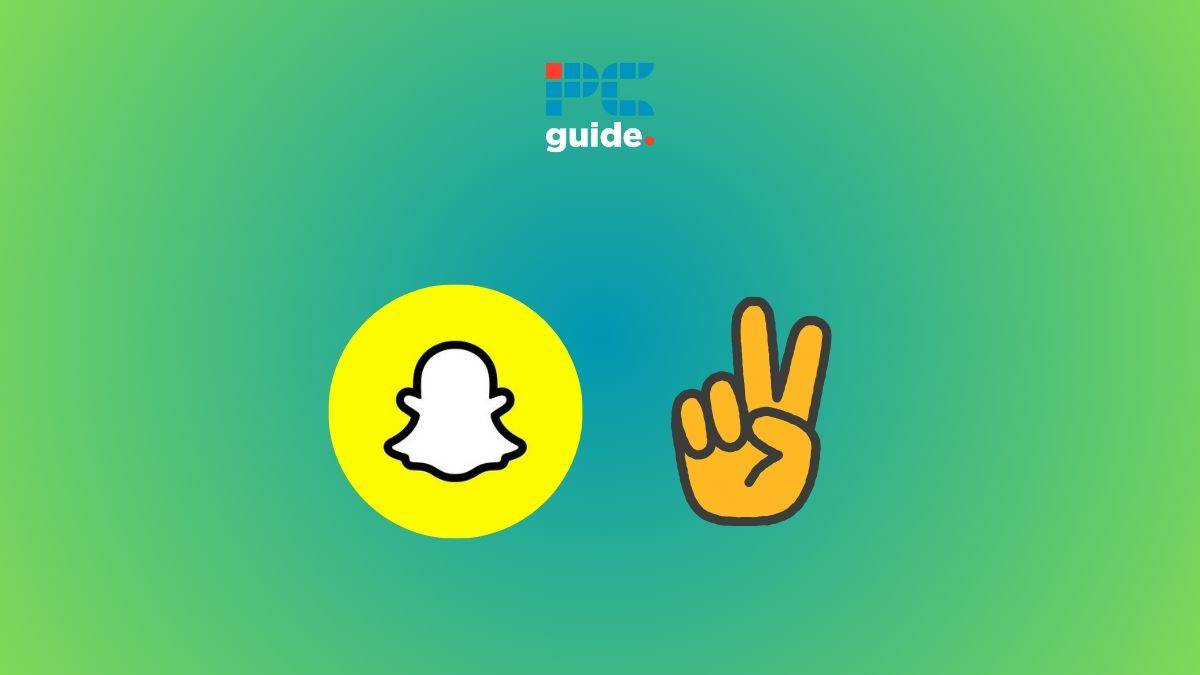People often ask whether ChatGPT is a reliable source of information. As a powerful language model developed by OpenAI, it has been hailed for its ability to engage in natural and human-like conversations. This makes it an attractive tool for those seeking answers, insights, and information.
ChatGPT can write facts and even give real-world examples. But is ChatGPT really a reliable source of information? Continue reading this guide and find out.
Essential AI Tools

Content Guardian – AI Content Checker – One-click, Eight Checks
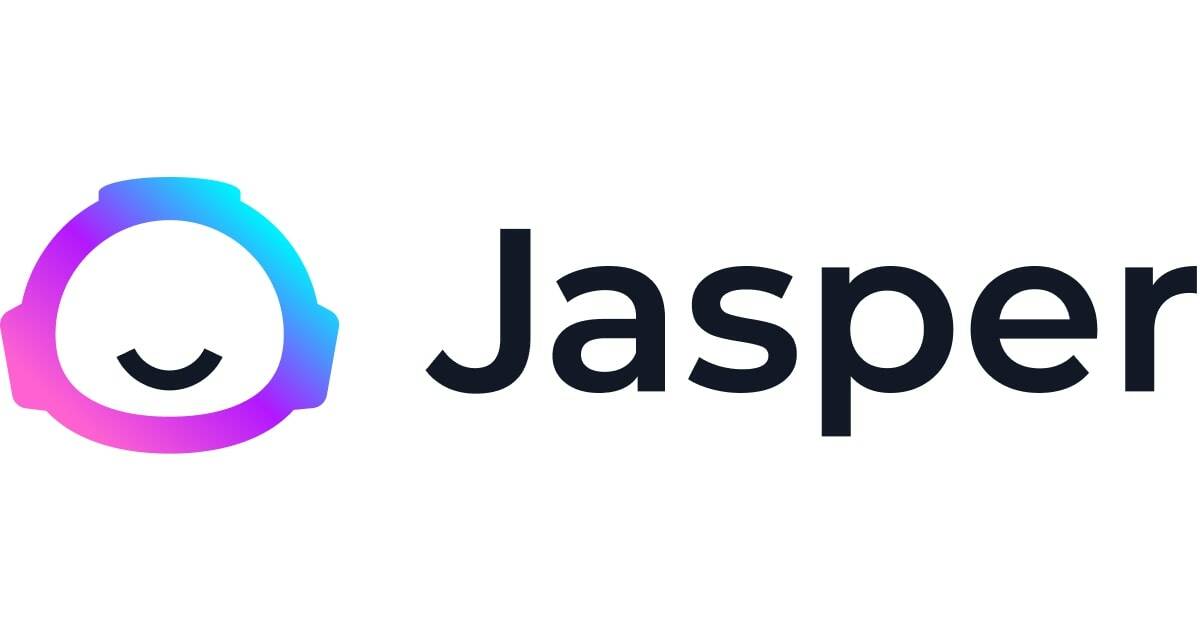
Jasper AI

WordAI

Copy.ai

Writesonic
Is ChatGPT a Reliable Source?
No, ChatGPT is not a truly reliable source. There’s no denying that it is one of the best artificial intelligence content generator tools out there, but the accuracy on many topics is still not as good as you would want it to be.
ChatGPT is a large language model that uses Deep Learning algorithms and Natural Language Processing (NLP) to understand your queries and generate a fitting response.
However, the tool is trained on data up until 2021. And ChatGPT actually works by sourcing the information from this data set to respond to your inputs. This means that if you try to find any information relating to things that happened post-2021, there is a high chance that ChatGPT can generate false information. This means you need to be extra careful with the factual accuracy of the output you receive when you use ChatGPT. You can do this by fact-checking your responses with secondary sources. This is not usually an issue with Microsoft’s Bing AI Chatbot, ChatGPT which can fetch real-time information.
This often makes ChatGPT liable to spread misinformation. It sometimes has a tendency to create incorrect information if it can’t find any resource in its database that corresponds with your prompt. This has been shown in a number of essay-writing cases, in which ChatGPT has generated fictional citations. This casts major doubts on the reliability of the information you receive from ChatGPT
If you want to test all of this out for yourself, you can try using it to get information from 2022 onwards. For instance, if a president or prime minister of a country has recently changed, you can ask ChatGPT to name him or her and see if it gives accurate information. You will find that the mostly ChatGPT will give the name of the president or prime minister of the country in 2021 or before that.
FAQs
Where Does ChatGPT Find its Data?
ChatGPT was trained on a large set of information from various sources, such as data from the internet, books, journals, etc. The AI model fetches information from all its data and represents it as a response to your query.
It is worth noting that ChatGPT isn’t directly connected to the Internet, so it cannot actively learn from it. However, some ChatGPT plugins do allow for it to provide real-time usable information – like availability at restaurants for table bookings.
How Often Does ChatGPT Give Unreliable Sources?
ChatGPT often gives unreliable sources, especially if the data is from 2022 or later. This is because the training data only had information until 2021.
Conclusion
We hope we have made you aware of some of the dangers of using ChatGPT to try and gather information from 2022 onwards. While ChatGPT’s capabilities might be better than most standard AI content generators, it does not mean it is on the whole reliable. ChatGPT’s content is often unreliable, which is why you must check factual accuracy manually before using ChatGPT’s content.


